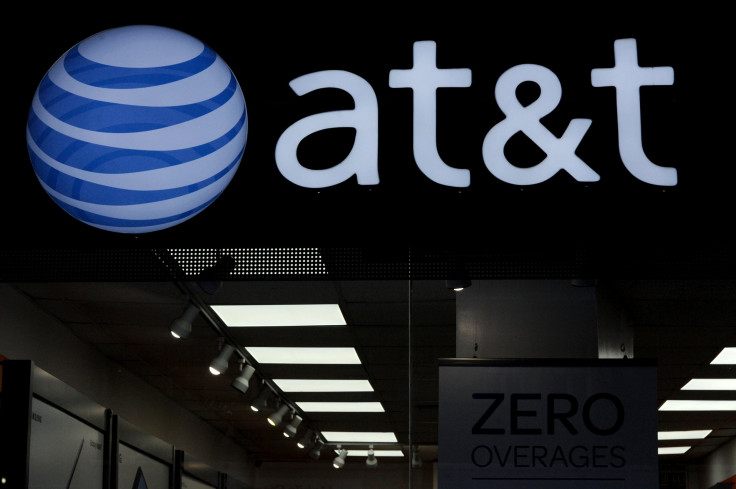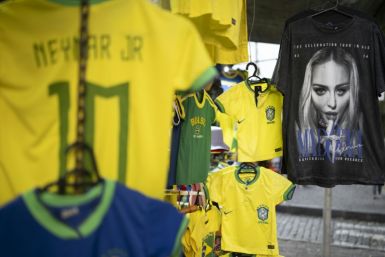AT&T will buy Time Warner for a staggering $112.25 billion

Telecommunications titan AT&T has announced that it will buy media and entertainment giant Time Warner for a staggering US$85.4 billion (AU$112.25 billion) in an attempt to alter the ever-changing media industry.
AT&T currently has about 158 million mobile and Pay TV subscribers combined. Time Warner has yearly earnings close to US$30 billion (AU$39.4 billion) and is currently the world's third largest television and entertainment company in terms of revenue after Comcast and The Walt Disney Company. The momentous deal is the largest tie-up among cable and telecommunications companies and media creators.
“This is a perfect match of two companies with complementary strengths who can bring a fresh approach to how the media and communications industry works for customers, content creators, distributors and advertisers,” said AT&T Chairman and CEO Randall Stephenson.
“We intend to give customers unmatched choice, quality, value and experiences that will define the future of media and communications.”
AT&T and Time Warner had to re-assess industry models that have remained stagnant for years. Nowadays, consumers get their media fix online. Wireless network and cable providers in the US have increased their businesses by offering better Internet deals and TV bundles to those who have just recently went online. Media providers have also profited from elevated subscription fees of bulky TV packages.
The smartphone generation has grown tired of the scheme, though. The younger demographic has given up pricey TV bundles that have excessive numbers of unwatched channels, shifting instead to more affordable and convenient streaming services like Amazon, Hulu and Netflix. With the merger, AT&T and Time Warner can launch new hybrid services that can compete with those of contemporary rivals.
The same business philosophy fuelled other providers to do the same. Comcast previously acquired DreamWorks and NBC Universal, while Walt Disney invested in MLBAM. AT&T’s main rival, Verizon, previously bought AOL and Yahoo for less than US$10 billion (AU$13.15 billion).
The major obstacle for this AT&T and Time Warner deal will be a competition-regulating Senate subcommittee. Regulators approved Comcast’s purchase of NBC Universal under certain conditions, although they stretched out the attempted Time Warner Cable negotiation until it was discontinued. It also took AT&T more than one year to finalise its deal with DirecTV.






